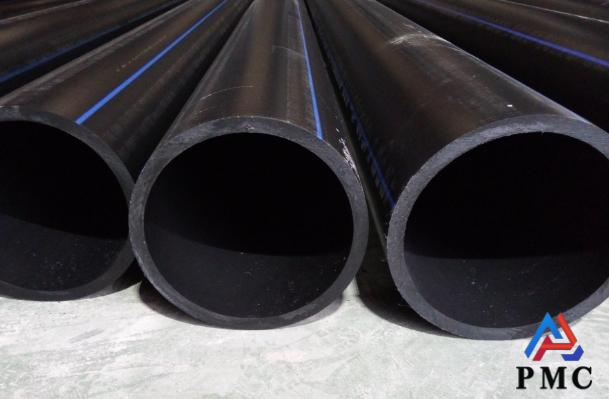
Applications of Well Casing Pipes
The well casing pipe is a relatively broad concept, which refers to the tubular material used in various wellbores such as oil wells, gas wells, water wells, etc., which plays multiple roles such as protecting walls, isolating formations, and supporting wellhead devices. So what are the main applications of well casing pipes? Let's learn more about it.
Application in oil extraction
1. Oil well protection and support: During the oil production process, the well casing pipe is a key component to protect the oil well wall. When the drill bit reaches a certain depth, the well casing is lowered into the well to prevent the well wall from collapsing. Because during oil extraction, the well wall may collapse due to a variety of factors such as formation pressure, rock properties, and drilling fluid erosion. For example, in some oil wells in soft or fractured formations, the well casing pipe can provide the necessary support to maintain the stability of the wellbore and ensure that subsequent mining operations can proceed smoothly.
2. Isolate different strata: The geological conditions and fluid properties of different strata vary greatly. Well casing pipes can effectively isolate each stratum and prevent fluids between strata from interfering with each other. For example, during the mining process, aquifers, oil layers and gas layers may be encountered. By installing well casing pipes , groundwater can be prevented from entering the oil layer, or oil and natural gas in the oil layer can be prevented from leaking to other formations, thus ensuring the safety and efficiency of mining. At the same time, this also helps to accurately control and monitor the fluid production of each formation.
3. Guide drilling tools and equipment: The well casing pipe provides guidance for the lowering and pulling out of drilling tools (such as drill pipe, logging instruments, etc.). It enables these tools to be safely operated within the well along a predetermined path. This guiding function is particularly important in deep wells or oil wells in complex formations. It can reduce the collision and friction between the tool and the well wall, extend the service life of the tool, and improve the accuracy of operations such as drilling and logging.

Application in groundwater extraction
1. Prevent well wall collapse and pollution: For groundwater wells, well casing pipes can prevent soil particles around the well wall from falling into the well and avoid well wall collapse. At the same time, it can also play an isolation role, preventing surface pollutants (such as sewage, pesticides, etc.) from seeping into groundwater and protecting the water quality of groundwater. For example, in drinking water wells in rural areas, well casing pipes can ensure that the extracted groundwater is clean and pollution-free, thus ensuring the safety of drinking water for residents.
2. Improve water extraction efficiency and quality: Appropriate well casing pipes can optimize the inflow path of groundwater, allowing groundwater to enter the well more smoothly. By rationally designing parameters such as the diameter, length and pore structure of the well casing pipe, the contact area between groundwater and the well casing pipe can be increased and the water extraction efficiency can be improved. Moreover, the well casing pipe can prevent a large amount of impurities such as mud and sand in the water from entering the well, thus improving the water quality.
Application in geological exploration
1. Maintaining borehole integrity: During geological exploration, boreholes of different depths need to be drilled to obtain formation samples and geological information. Well casing pipes maintain the integrity of the borehole, allowing geologists to accurately obtain core samples from different formations. Without the protection of the well casing pipe, the borehole may deform or collapse due to formation instability, resulting in damage to core samples or the inability to obtain complete formation information.
2. Auxiliary geological testing and monitoring: Well casing pipes facilitate the installation of various geological testing instruments (such as pressure sensors, temperature sensors, etc.). These instruments can be lowered into the borehole through the well casing pipe to monitor the pressure, temperature, fluid properties, etc. of the formation in real time, thereby helping geologists better understand the underground geological structure and resource distribution.


